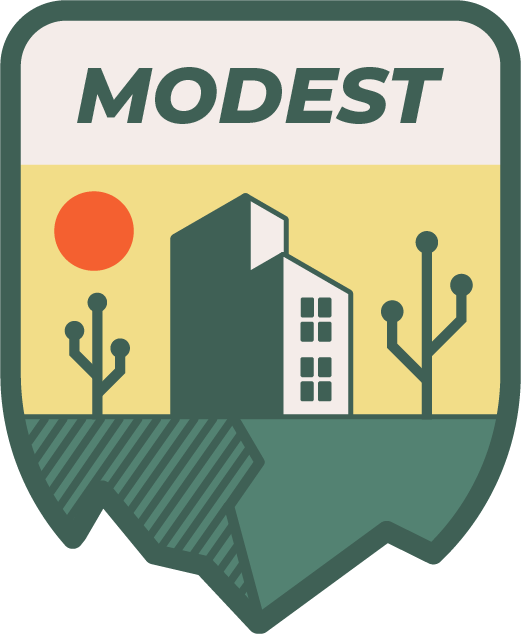Has your company ever turned down the opportunity to invest in custom business software? If so, what were the reasons? Two that we hear quite frequently relate to ease-of-use and budget. For example, business owners tend to believe that off-the-shelf software is easier to use and cheaper to obtain.
Sometimes it is. But that is not always the case. And when it’s not, off-the-shelf products can be much more difficult to use. They can cost a lot more in the long run when a company factors in the extra costs of adapting to generic software.
Easier or Just More Comfortable?
Productivity is one of the main priorities when designing software for small business. With that in mind, productivity concerns are often at the forefront of any decision related to software upgrades. Companies will insist that they want to stick with off-the-shelf solutions because said software is easier to use. By extension, this means better for productivity. But is that always true? No.
Off-the-shelf software is generic software. Software developers design their packages to appeal to as broad an audience as possible. As such, features are not as specific. Companies need to use the available features as best they can, which often means employing workarounds. And don’t forget the bloat.
It could be that business owners and managers only perceive that off-the-shelf software is easier because they are already comfortable with it. But comfort and ease-of-use are not the same thing. When push comes to shove, custom software tends to stack out very well in the ease-of-use department – especially because it can be designed around a company’s current business practices and structure.
Cheaper Out of the Box
When it comes to cost, off-the-shelf software can be cheaper out of the box. But what about six or seven weeks down the road? We have worked with more than one client who invested a relatively small amount in an off-the-shelf business package only to discover that it did not meet current business needs. Adaptations and additional software packages were required, adding to the total expense.
It is pretty common to have to spend extra when generic software doesn’t perform as expected. But that is not the only cost issue to consider. You also need to consider the losses represented by lower productivity. When employees are not producing as much as they otherwise could be due to inefficient software, that software is costing the company money. It all adds up.
When it comes time to upgrade, companies are forced to spend more money on new licenses for software that may or may not work correctly. If more workarounds or adaptations are needed with the upgrade, that is more money spent. A company might have spent less on the original product out of the box, but they need to keep spending to keep using it.
There Is a Better Way
There is a better way to get high quality software for small business: go with custom software development services. Here at Modest, we build custom business software from a core set of modules. That is how we keep costs in check. As for making sure clients get exactly what they need, we make a point of learning each client’s business before we start building.
Working on your new business software would mean getting to know your company, what you do, and your current systems and processes. What we learn would form the foundation of our build process. The end result is business software with all the features you need and no bloat, designed to fit in with your current workflows. That is the way business software should be done.
We at Modest Development pride ourselves on crafting custom software packages that fully serve our clients and fulfill their unique needs. Contact us today to learn more.

